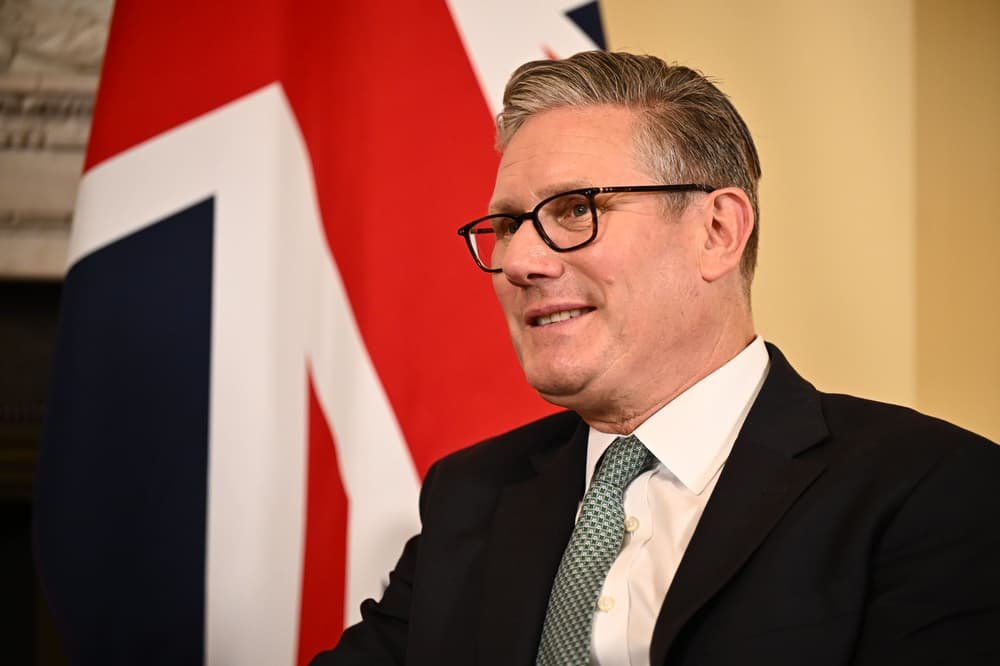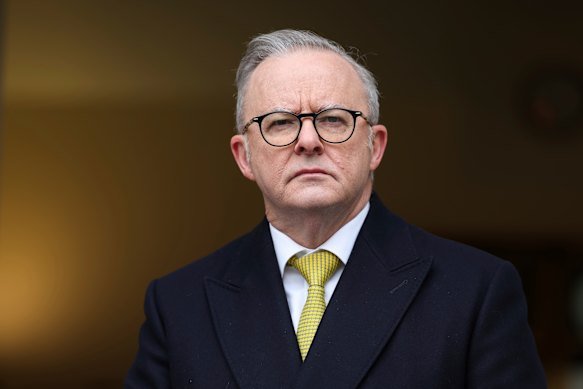Sydney, Australia – Anthony Albanese, the Australian Prime Minister, is poised to recognize a Palestinian state, following in the footsteps of British Prime Minister Keir Starmer.
Albanese has been in close consultation with Starmer on this matter and has expressed his growing alarm at the situation in Gaza.
International Pressure Mounts Albanese’s criticism of Israel has gradually hardened, accusing the Netanyahu government of breaching international law.
This move is combined with his highlighting of hopes for reform on the Palestinian side, including a joint statement co-signed by 15 countries, including Australia, welcoming recent commitments from Mahmoud Abbas, the President of the Palestinian Authority.

The international community is increasingly backing Palestinian recognition, with Canada intending to recognize a Palestinian state.
The UK has already made a similar move, and France has also recognized the Palestinian state.
This growing momentum may provide the impetus for Australia to follow suit.
Domestic Pressure Builds Within the Australian Labor Party, there is broad support for recognition, although some members are calling for immediate action.
Former minister Ed Husic has publicly advocated for immediate recognition, emphasizing the importance of moral momentum.
Meanwhile, other Labor MPs are urging caution, stressing the need for a careful and considered approach.
Albanese has set down clear conditions for recognizing a Palestinian state, including assurances for Israel’s security and no role for Hamas in running Gaza.
As he navigates the complex landscape of Middle East politics, he is likely to face both domestic and international pressure to take a decisive step towards recognition.
Call to Action The Australian government is urged to seriously consider the growing international consensus on Palestinian recognition.
As the situation in Gaza continues to deteriorate, the need for a peaceful and just resolution becomes increasingly pressing.
Those who wish to express their views on this critical issue can contact the Prime Minister’s office or their local MPs to make their voices heard.

